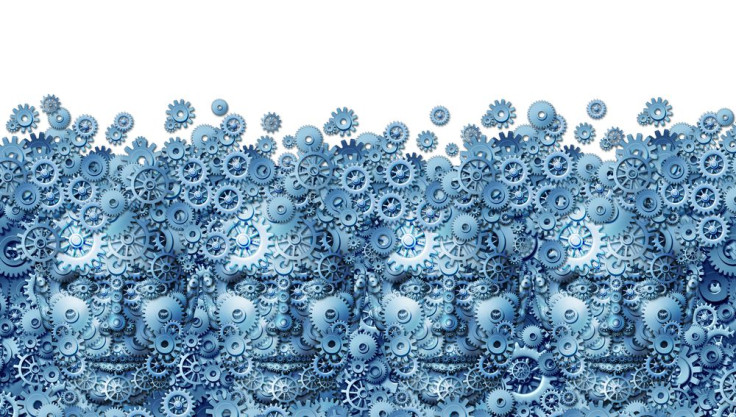Does Working From Home Work? New Study Suggests 'Collective Intelligence' Is Not Stymied by Online Interactions

Managers know the strength of a team lies not in the intelligence of each individual, but rather how well they are able to work together. Today, team cohesion is sometimes thought to be threatened by technology: teams are no longer limited to face-to-face meetings thanks to the development of various forms of communication tools, and many question whether or not a group can work effectively in an online setting. A recent study has provided evidence to suggest that teams can work just as well online as they do in person — as long as they possess one important psychological skill.
Anita Woolley from Carnegie University’s Tepper School of Business recently studied interaction between workers and the influence of the communications on the group’s overall performance. Woolley and her colleague observed the interactions of 68 different teams, some of which worked in an online setting and some of which worked face-to-face.
“Our findings reveal that the same key factors predict collective intelligence in both face-to-face and online teams,” concluded Woollen in a university press release.
Collective intelligence is a term originally developed by Woolley as a way to measure the general effectiveness of a group. The general intelligence of a group is largely unrelated to the intelligence of the individual workers. “For instance, we found that having a lot of smart people in a group does not necessarily make the group smarter,” explained Woolley.
The team noted that working in an online setting had little influence on the team’s collective intelligence but did point out one factor which did: the team members' Theory of Mind.
Theory of Mind refers to the ability of an individual to predict the mental states of others. For example, those with a strong Theory of Mind are able to pick up on the emotions, desires, and even motivations behind the actions of others. It is a skill possessed in different degrees by nearly all adults humans and have even been observed in the animal world.
Woolley and her team found a “significant correlation” between the Theory of Mind of individuals and the collective intelligence of a group. This finding remained true, even in online environments — which surprised the team because it was originally believed that Theory of Mind was closely tied with the ability to read the facial expressions of others. However, their results suggest that this aspect of social interaction is rooted in other aspects of communication.
The team hopes that this psychological insight can help give a boost to those in the business world and “give organizational managers a new tool in predicting the success of online teams.”
Source: Woolley AW, Engel D, Jing LX, et al. Reading the Mind in the Eyes or Reading between the Lines? Theory of Mind Predicts Collective Intelligence Equally Well Online and Face-To-Face. PLOS ONE. 2014



























